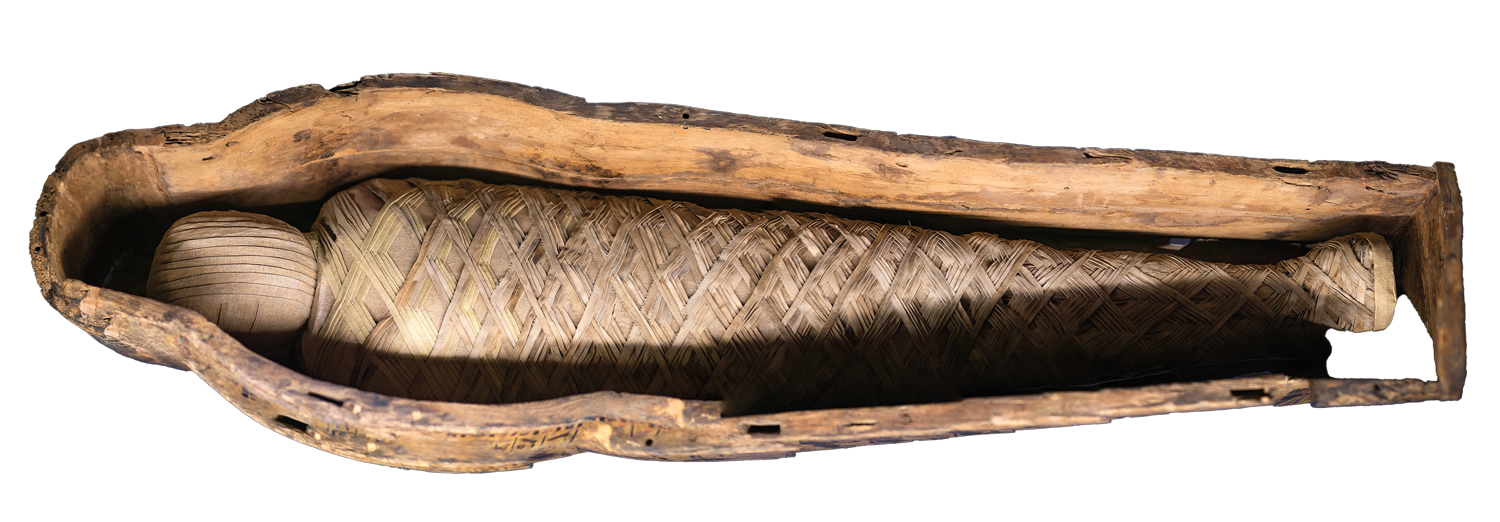Features From the Issue
-
Features
The Truth Behind the Tablets
The rush to document thousands of ancient texts before they are sent back to Iran, or sold, reveals the daily workings of the Persian Empire.
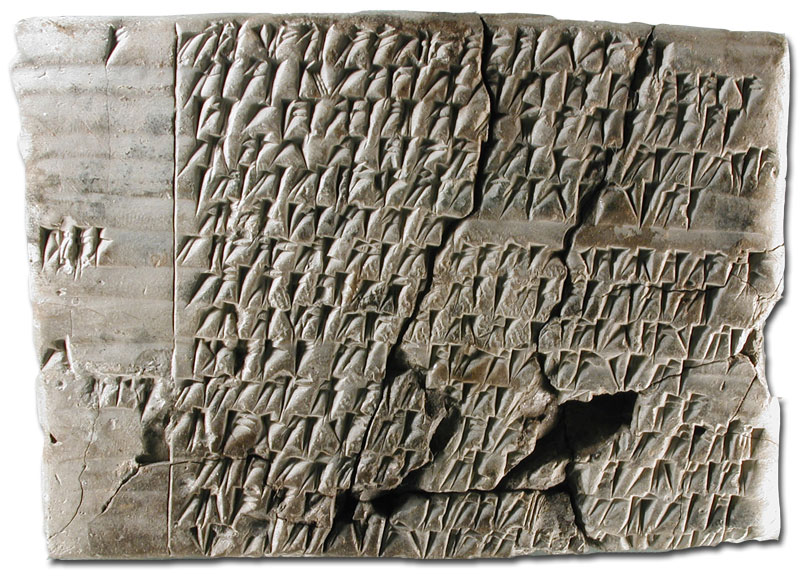
-
Features
A Society's Sacrifice
Why the Chimú people of ancient Peru offered what was most valuable to them
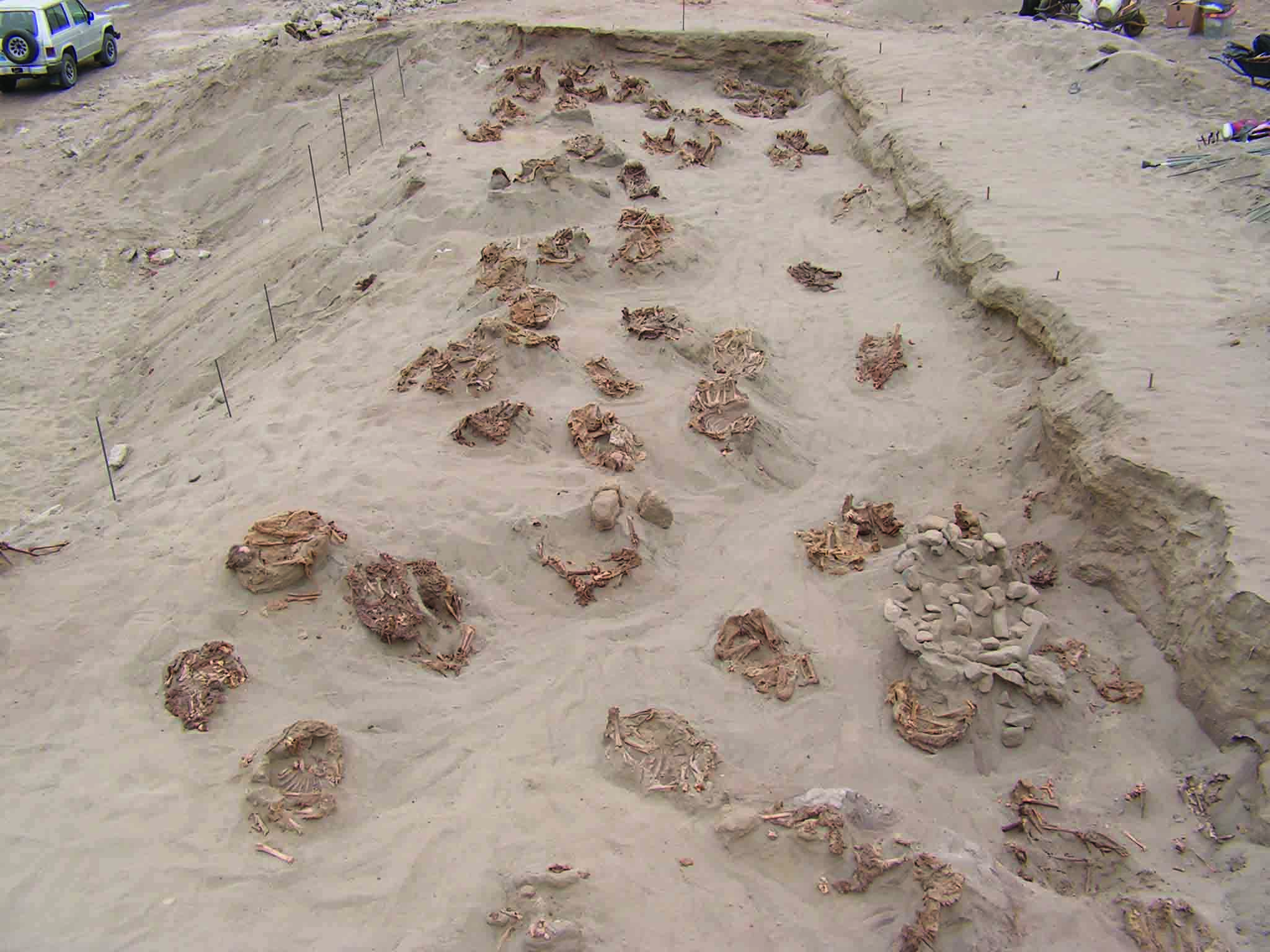 (Courtesy Angiolina Abugattas)
(Courtesy Angiolina Abugattas) -
Features
Mountaintop Rescue
Archaeology, coal, and activism collide in the Appalachian Mountains at the site of America's largest labor conflict.
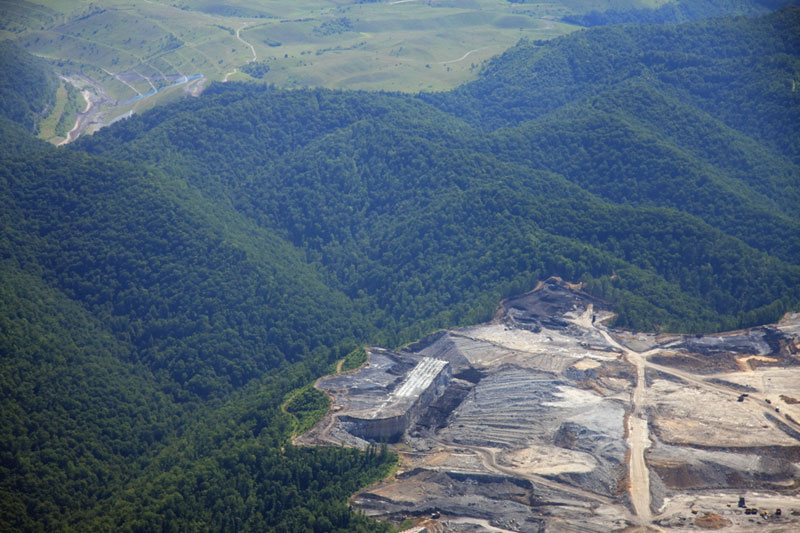
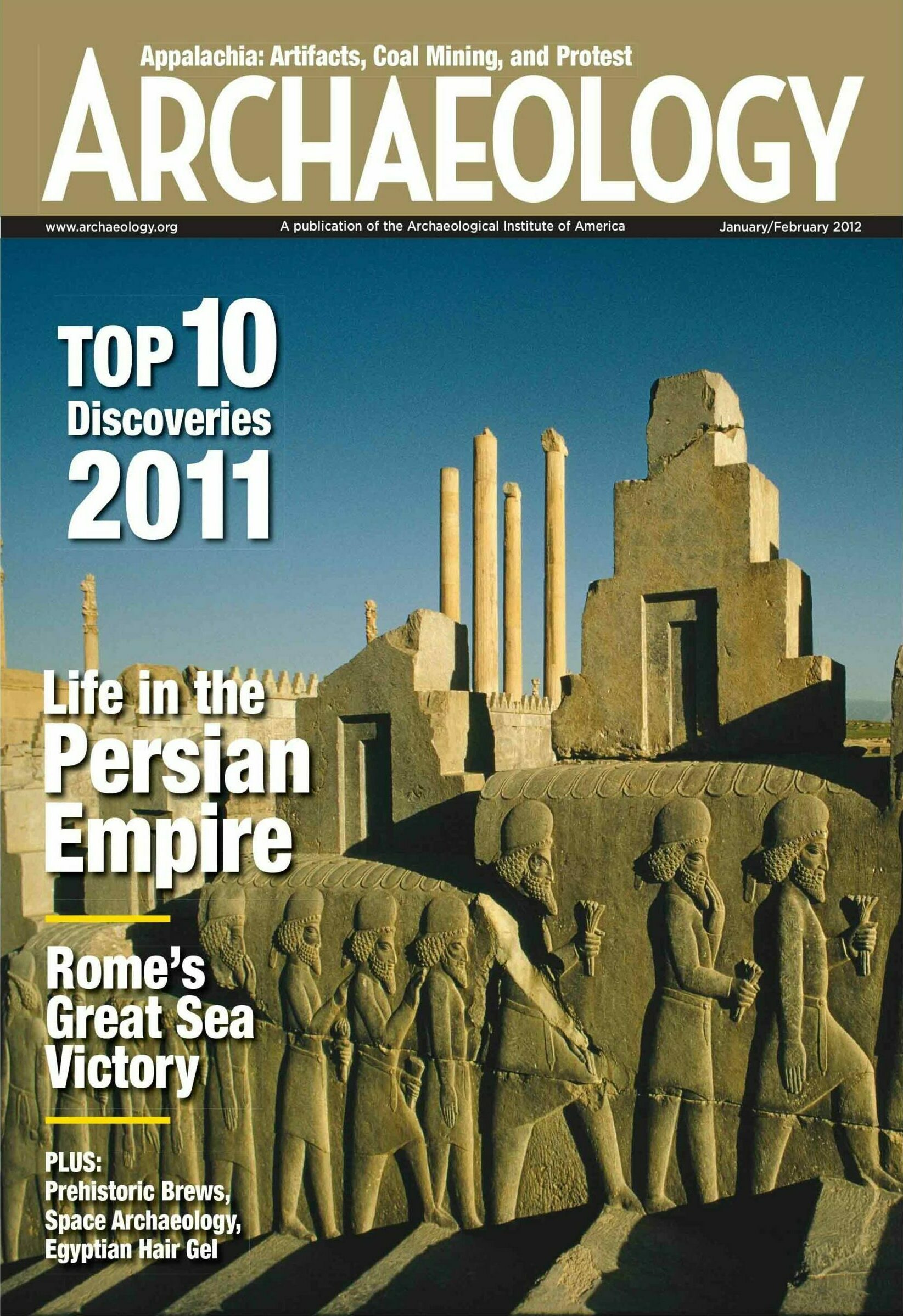
Letter from Ireland
Letter from Ireland
Mystery of the Fulacht Fiadh
Versions of the same Bronze Age structure pop up all around Ireland and throughout the United Kingdom. Archaeologists, however, still have not agreed on their purpose.
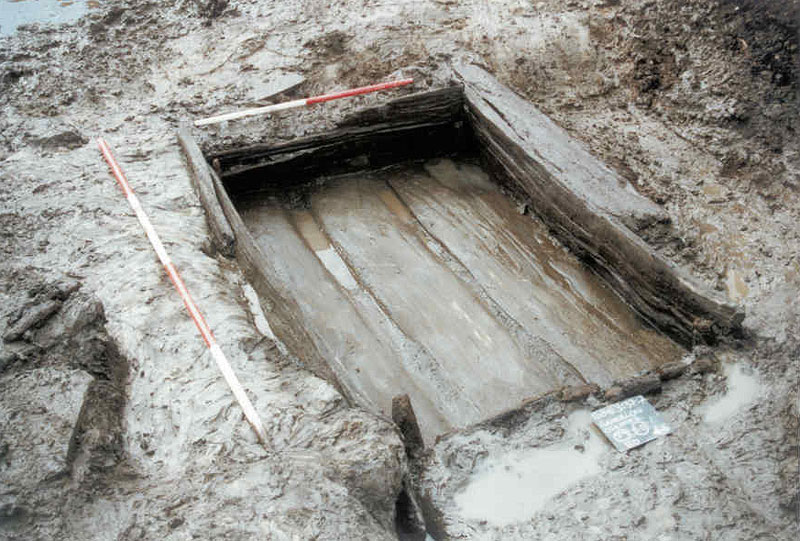
Artifact
Artifacts
Merman Ship's Carving
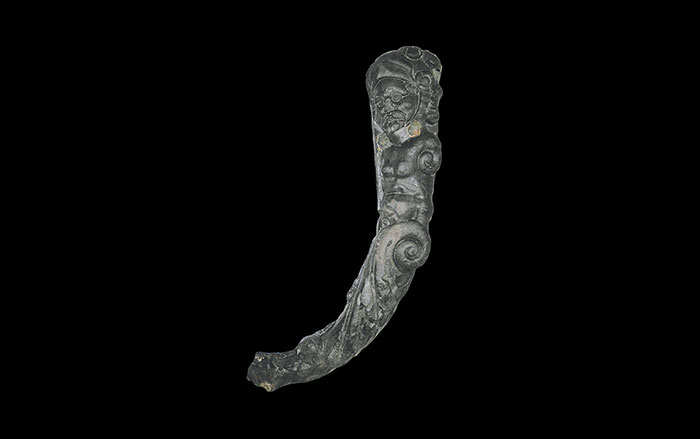
Digs & Discoveries
-
Digs & Discoveries
Stone Age Art Supplies
A cave in southwestern South Africa was used as a paint production workshop, where ancient artists made a liquid ochre pigment. The toolkit of shells, stone, and bone from Blombos Cave suggests Middle Stone Age humans were capable planners.
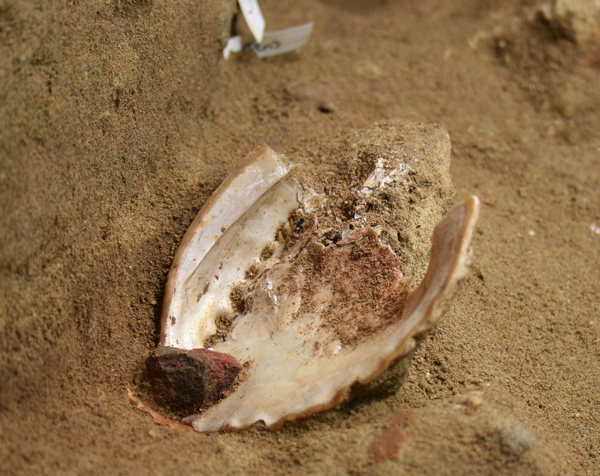
-
Digs & Discoveries
Migrating Away from Clovis
In mid-October 2011 the journal Science published a reexamination of a mastodon bone originally excavated in the late 1970s at the Manis site in northwestern Washington State. Embedded in the bone, one of the mastodon's 19 ribs, was the tip of a bone projectile. Using DNA analysis, a team led by Texas A&M University archaeologist Michael Waters determined that the point was itself fashioned from mastodon bone.
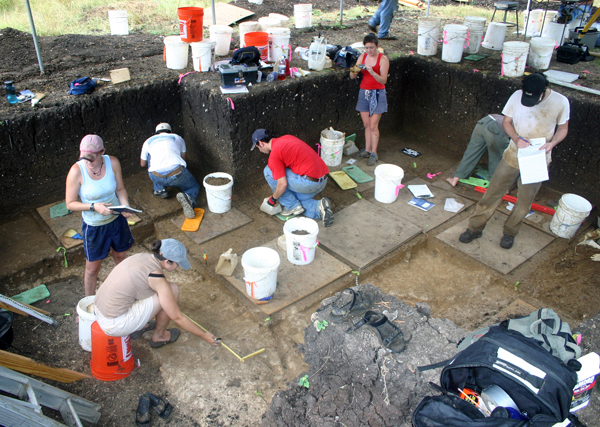
-
Digs & Discoveries
Drawing Paleolithic Romania
Radiocarbon dates from Coliboaia Cave in Romania show that animal images drawn on the cave walls are among the oldest visual art in Europe and further confirm that early humans did indeed create art.
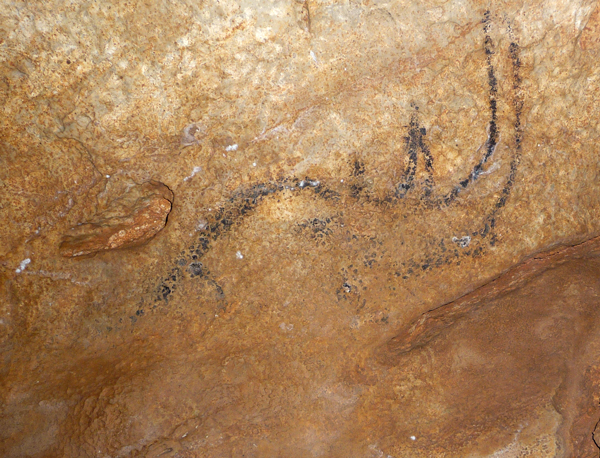
-
Digs & Discoveries
A Low-Flying Bird's-Eye View
A group of researchers at Ghent University in Belgium has tested a new and inexpensive method of taking low-altitude aerial photographs and creating 3-D computer models of archaeological sites. The team chose to use a remote-controlled drone "quadro-copter" —a highly stable helicopter with four sets of rotors.
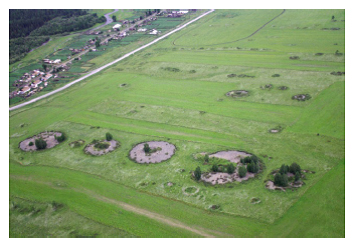
-
Digs & Discoveries
Libya's Forgotten History
Thanks largely to research conducted by a team led by David Mattingly of the University of Leicester, there is new evidence that the Garamantes were a highly sophisticated civilization who built state-of-the-art water extraction systems in the desert and constructed more than 100 fortified farms and villages, most dating to the first five centuries A.D.
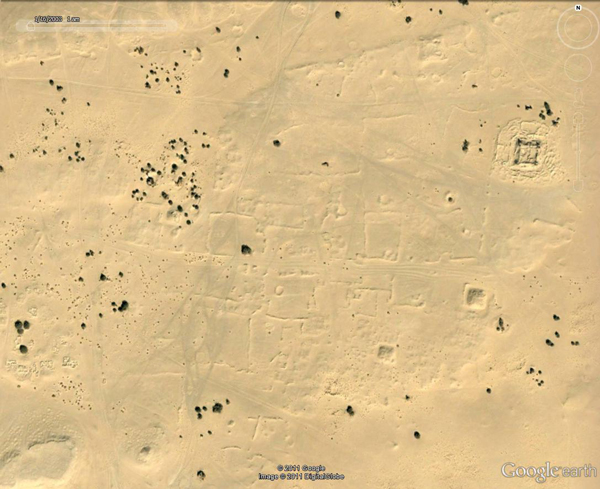
-
Digs & Discoveries
The Incredible Shrinking Grouper
Fish in the Mediterranean aren't what they used to be. Commercial and recreational fishing have decreased population sizes and also made individuals smaller, since big fish are kept and smaller ones thrown back.
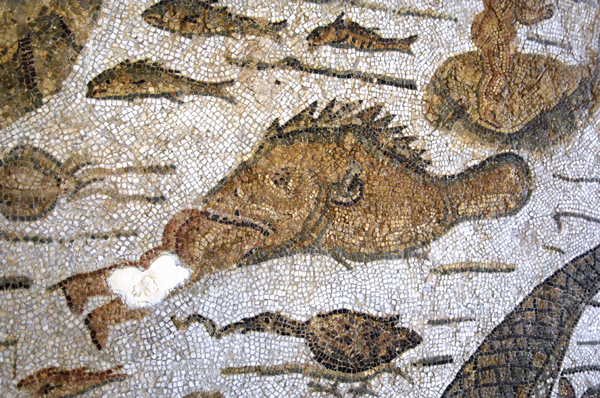
-
Digs & Discoveries
A New Look with Neutrons
Scientists have developed an imaging device that uses a beam of neutrons, a particle found in the nucleus of most atoms, to make three-dimensional images of archaeological artifacts.
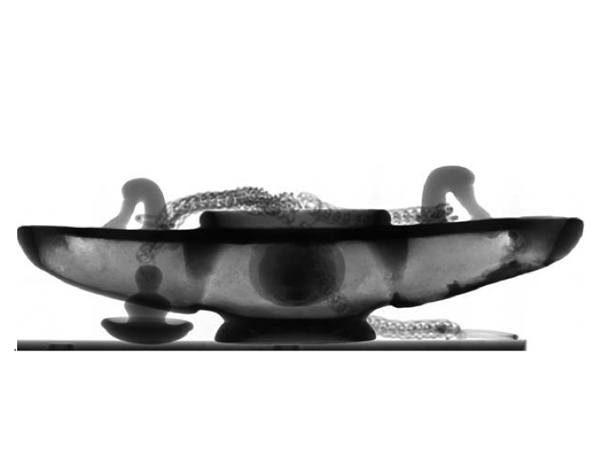
-
Digs & Discoveries
The Precious

-
Digs & Discoveries
Convict Mothers
In the first half of the nineteenth century, 12,000 British female convicts were sent to the prison colony in Van Diemen's Land, now known as Tasmania. Convicts, held in work camps called "factories," were forbidden to have contact with their babies except for breastfeeding. But a recent find at the Ross Female Factory shows that they skirted that rule, and may have actively resisted separation from their children.
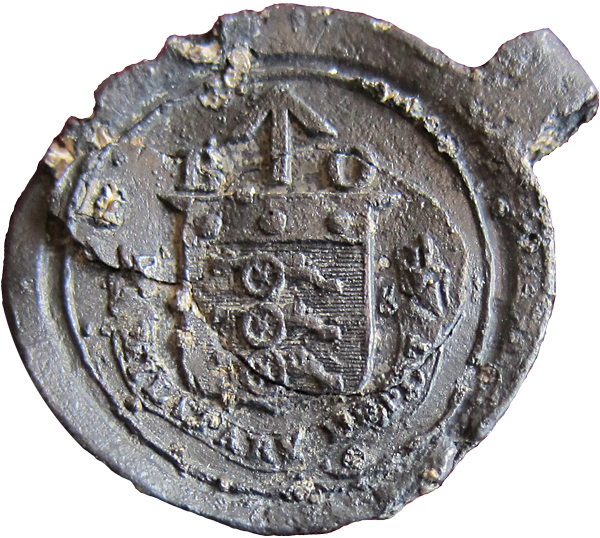
Off the Grid
Off the Grid January/February 2012
Arykanda, Turkey
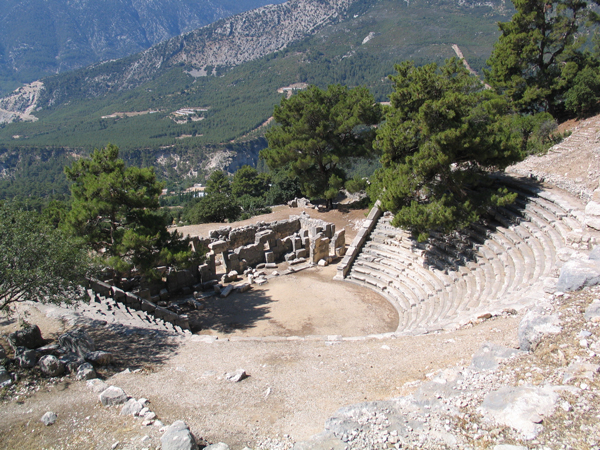
Around the World
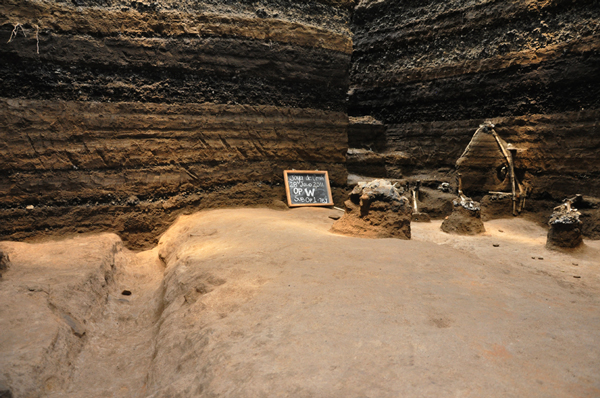
EL SALVADOR

EL SALVADOR: Under 17 feet of volcanic ash at the ancient Maya city of Ceren, archaeologists have discovered a raised road called a sacbe. Usually these roads, connecting temples, plazas, or towns, were lined with stone, but this one, which probably led to two ceremonial buildings nearby, was not. In the absence of the stones, the rapid burial by the eruption of the Loma Caldera volcano helped keep it intact for identification.

SPACE

SPACE: One of the next frontiers for archaeology is out of this world. Scientists in England are attempting to contact Prospero, a satellite launched in 1971, to see how its circuits have held up. First, they have had to rummage for the satellite's communications codes and build custom equipment, and now they are attempting to make contact by sending a simple signal. NASA has also begun drafting guidelines to protect three dozen lunar sites, including the Apollo 11 and 17 landing sites. The guidelines could include ground-level boundaries and no-fly zones—for when private spaceships (and even tourists) start arriving.
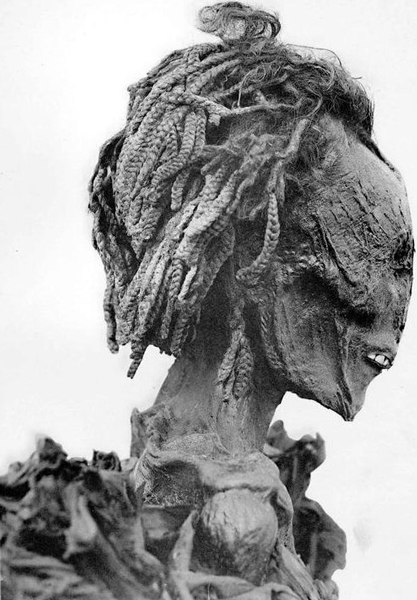
EGYPT

EGYPT: An analysis of 15 mummy hair samples shows just how important styling was more than 2,000 years ago. To understand how the complex hairdos were achieved and maintained after death, scientists studied coatings on the hair with electron microscopy and gas chromatography-mass spectrometry. They found that the ancient Egyptians used a kind of fatty hair gel to keep their hair coiffed in both life and the afterlife. The absence of embalming materials in the hair suggests that it was covered during mummification.


